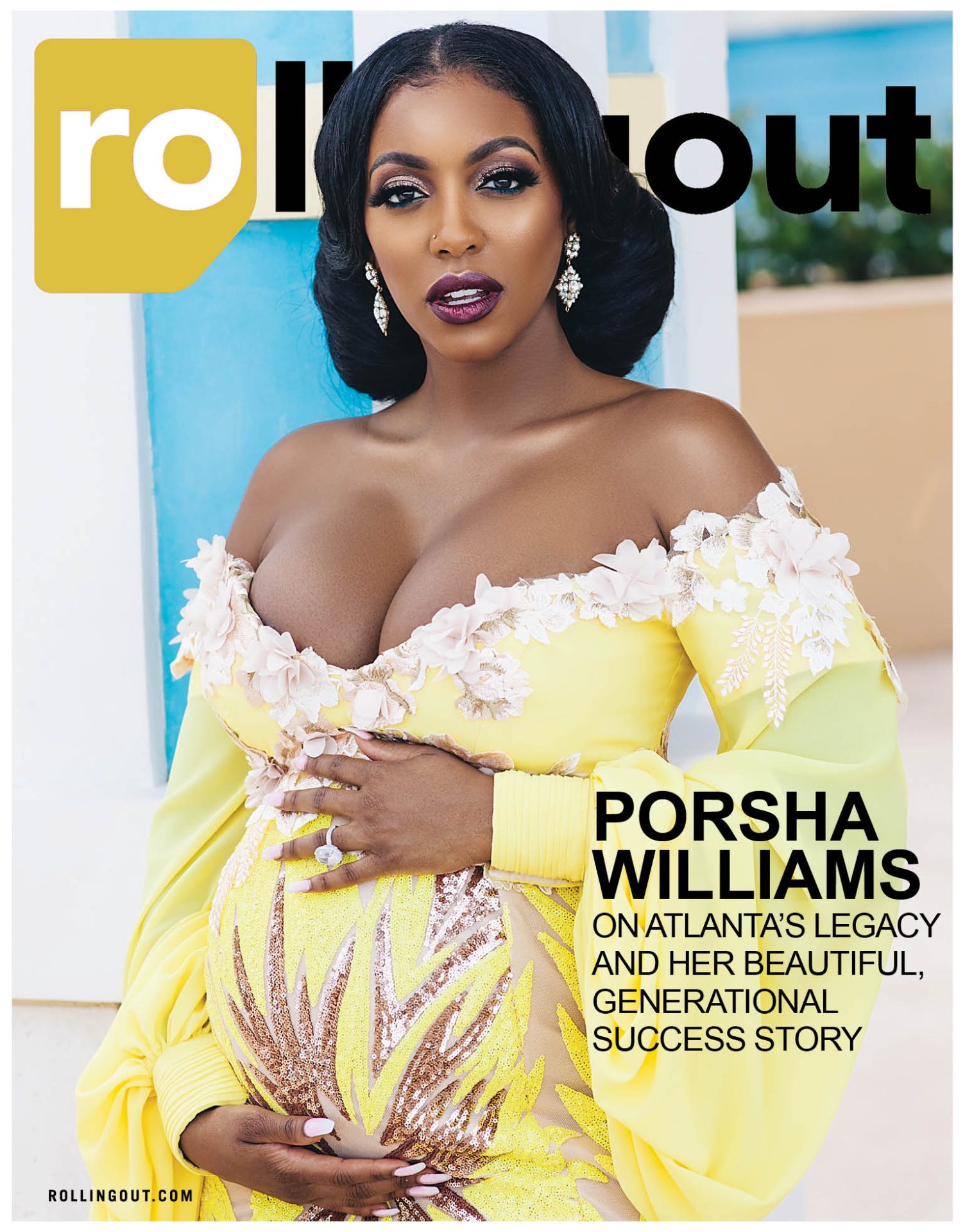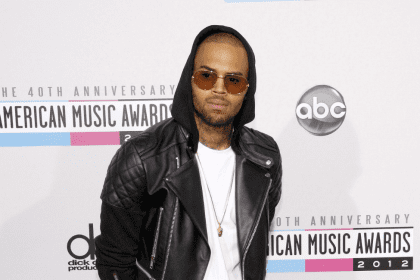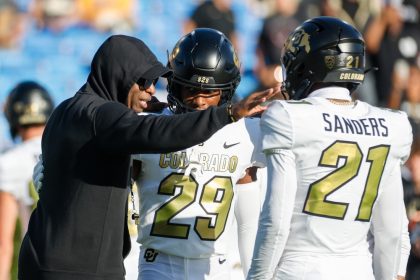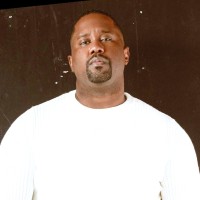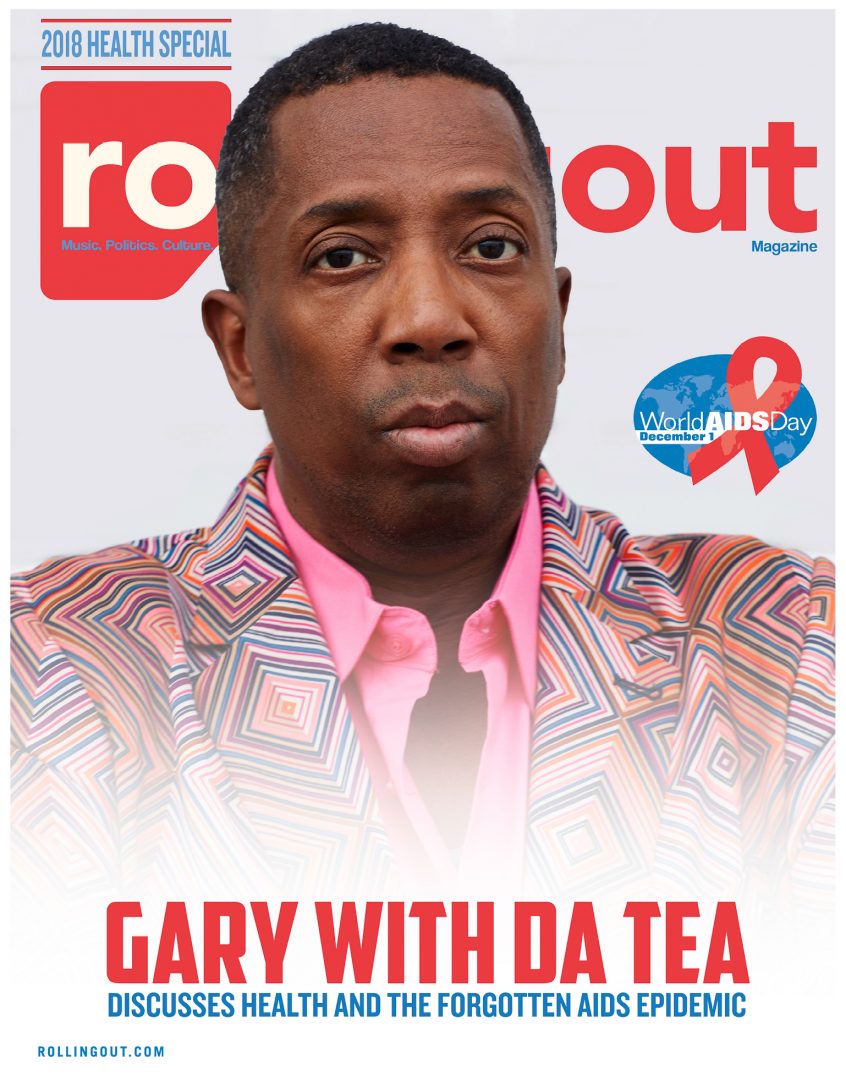 There’s really no proper way to aptly describe the effervescent personality of Gary With Da Tea. Born Gary Hayes, the longtime radio host possesses a unique disposition that defies any typical adjective. Gary is just, well, Gary.
There’s really no proper way to aptly describe the effervescent personality of Gary With Da Tea. Born Gary Hayes, the longtime radio host possesses a unique disposition that defies any typical adjective. Gary is just, well, Gary.
The beauty in his distinctive brand of entertainment has served him well over the years as he’s developed a rabid fan base that hangs on his every word, both on the radio, and now on “Dish Nation” as he shares his hilarious “tea.”
For Gary, this attention has never been solely for personal gain, and he’s now using his platform to bring awareness to a number of health issues that are close to his heart.
He took time out of his busy schedule on “The Rickey Smiley Morning Show” to discuss as much with rolling out for this week’s cover interview.
We’ve seen your work over the years, but how did you get your start on the radio?
It all started back in Dallas when I used to call in to the “Russ Parr Morning Show.” For some reason, they used to think I was funny when I called in, so I just kept calling in. Eventually, they invited me down to the station, and I took the opportunity to ask for a job. Surprisingly, they said yes. For the longest time, I did everything that they asked me to for little to no money. I answered phones, ran errands, cleaned up … I was basically an intern. But I did it all, and eventually, all of that hard work paid off.
It most certainly did. Now, you’ve been in the news lately because of a health scare. Tell us about the moment when you first got the news that you had colon cancer.
When I was diagnosed with colon cancer, it didn’t really shock or scare me. Afterward, when I spoke with a couple of people about my response, they told me that it was just a sign of my faith. I mean, I didn’t cry or anything. When my primary physician told me that it was cancer, I just said, “OK, let’s get it done.” So the oncologist came into the room and gave me his card, and I called him the very same day. I don’t know what it was, but I did not get shook at all. What really helped me get through this was I had a friend who was going through prostate cancer. I was amazed at how he went to work, and you would have never known he was going through anything. So I just thought if he can do it, so can I. So I went to work every day, I went to radiation, and they put a chemo pump on me, and I just went through it and didn’t think about it.
The treatment didn’t affect you at all?
No, I didn’t let it affect me. I’m still healing, and I would say that I’m at about 80 percent healed right now, but I did not let it change my routine. I would still go to the mall, but if I had the chemo pump, I would wear a long shirt so that people couldn’t see it. And as far as work goes, I would go to go to radiation every day after work. I would get off work at 2, go to radiation at 2:30 and go home. And that would be it.
Why was it important for you to share your cancer story in the way that you did?
I just wanted to get to a place where I felt ready, and I wanted to share it on my terms. I didn’t even tell my co-workers until I was ready because, to be honest — and this may sound cruel, but it’s how I feel — nobody cares. People just don’t care, and they only like you as far as they can see you. Once you go around that corner, I don’t see you [anymore], and that’s how much I like you. So I just lived with it and dealt with it.
Let’s switch gears, and discuss another health-related topic that is close to your heart: HIV awareness. Why have you been a consistent champion of this cause?
Well, first of all, I’ve lost a lot of friends to AIDS, so it’s something that is very serious to me. When AIDS first came out, I was working in the medical field in Houston. I worked on the AIDS team at the hospital and worked with visiting nurses on AIDS patients. Here in Atlanta, I’ve continued to work, as I participate in the AIDS Walk every year, and last year I was the team leader. The reason it’s so important to me is because I need people to know that AIDS is very much still real. There is no cure [for] it, and I think that a lot of people lose sight of that.
Has it gotten any better?
In some ways it has gotten better because there are some medicines that can help prolong your life, but there’s still not nearly enough focus on it … especially in the entertainment industry. There are so many women having babies with guys they just met just because they have money. And people will focus on the baby part, but no one focuses on the fact that people are out here laying down with strangers. AIDS is very real, and we all need to do a better job of both knowing our status and protecting ourselves against the spread of this disease.
Interview by Cassidy Sparks
Images by DeWayne Rogers


